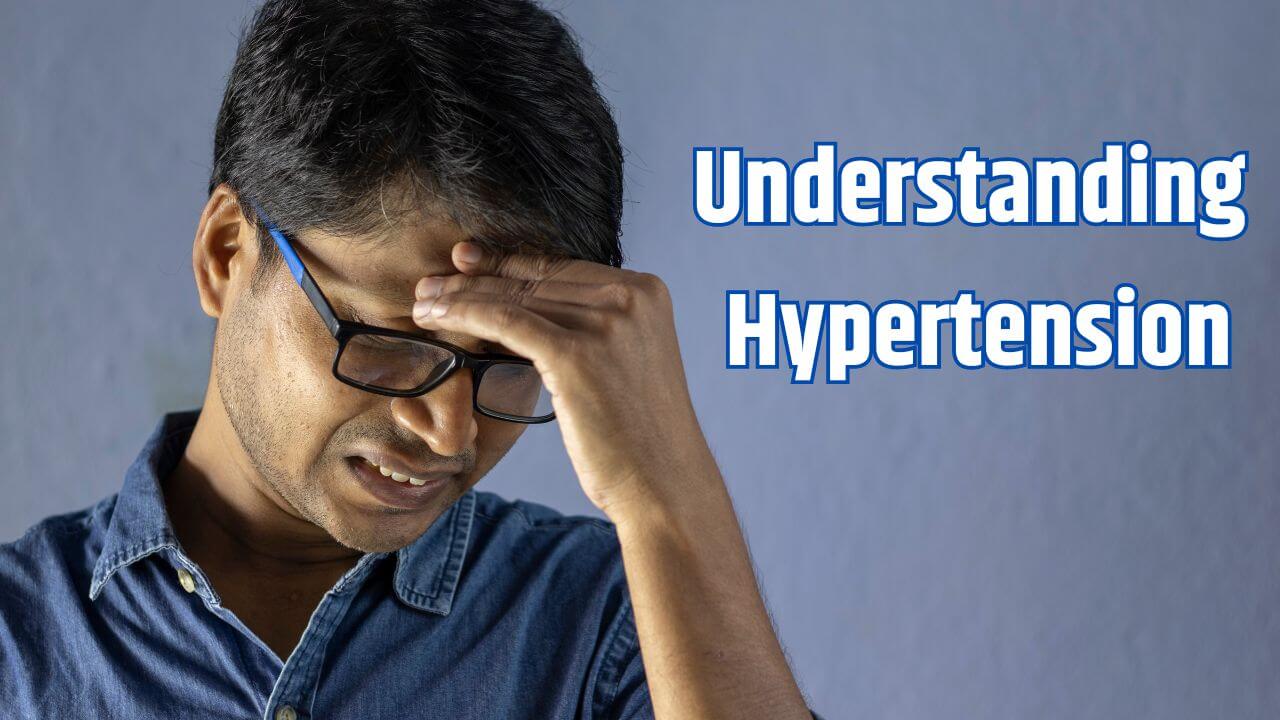Hypertension, also known as high blood pressure, is a condition where the blood pressure is consistently higher than normal. It is a serious health issue that can lead to heart disease, stroke, kidney failure, and other health complications. Detecting and addressing hypertension early is crucial, and regular blood pressure monitoring is essential for those at risk.
Causes of Hypertension
Hypertension can have various causes. In some cases, the cause is unknown, termed primary hypertension, while in others, it is linked to other health conditions, known as secondary hypertension. Understanding these causes can help individuals make informed lifestyle choices and mitigate the risk. Here are some common causes:
Unhealthy Lifestyle Habits
Unhealthy lifestyle choices, including smoking, alcohol consumption, lack of physical activity, and poor dietary habits, significantly contribute to hypertension.
Genetics
Individuals with a family history of hypertension are at a higher risk. Genetic factors play a role in predisposing some individuals to this condition.
Lack of Physical Activity
Sedentary habits and a lack of regular physical activity can lead to weight gain, increasing the risk of hypertension.
Other Health Conditions
Certain health conditions, such as diabetes, kidney disease, and thyroid disorders, can contribute to the development of hypertension.
Medications
Some medications, including steroids and certain pain relievers, may elevate blood pressure levels.
Age
The risk of hypertension increases with age, and individuals must be vigilant about their blood pressure as they grow older.
Common Signs and Symptoms
Hypertension is often referred to as the “silent killer” because it may not present noticeable symptoms. However, if symptoms do occur, they may include:
Headaches
Persistent headaches, especially in the morning or at the back of the head, can be a common symptom.
Dizziness
Feeling lightheaded or dizzy, particularly when standing up, may indicate sudden changes in blood pressure.
Fatigue
Fatigue may result from decreased blood flow, leading to inadequate oxygen and nutrient supply to tissues.
Blurred Vision
Damage to blood vessels supplying the eyes can cause blurred vision.
Breathing Difficulty
Hypertension can contribute to heart failure, leading to difficulty in breathing.
Taking Control: Lifestyle Corrections
Fortunately, lifestyle changes can significantly reduce the risk of hypertension. Here are some key steps individuals can take:
Regular Exercise
Engage in regular physical activity to maintain a healthy weight and promote cardiovascular health.
Healthy Diet
Adopt a balanced and nutritious diet, low in salt and saturated fats, to support overall health.
Avoid Smoking and Excessive Alcohol
Quit smoking and limit alcohol intake to reduce the risk of hypertension.
Regular Health Check-ups
Schedule regular check-ups to monitor blood pressure levels and address any emerging health concerns.
Manage Stress
Practice stress-management techniques, such as meditation and yoga, to maintain mental well-being.
Medication Adherence
If prescribed medications, adhere to the recommended dosage and consult with healthcare professionals regularly.
Understanding the causes and symptoms of hypertension empowers individuals to make informed choices about their lifestyle, leading to better overall health. It is essential to be proactive in monitoring blood pressure, especially for those with a family history or other risk factors. Regular health check-ups and a commitment to a healthy lifestyle can go a long way in preventing and managing hypertension.
